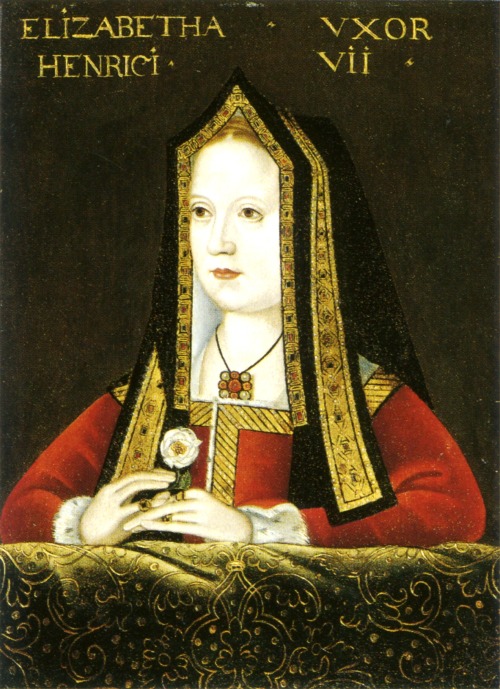malenaboleyn:Emily Blunt as Elizabeth of York (1466-1503), queen of England and Yorkist heiressEliza
malenaboleyn:Emily Blunt as Elizabeth of York (1466-1503), queen of England and Yorkist heiressElizabethwas the daughter of a king, the sister of a king, the niece of a king, the wifeof a king as well as the mother of a king, the only woman ever being so. She was the first Tudor queen, and the ancestress to a new line of English royals. Elizabeth was the rightful heir to her father’s crown, being the strongest Yorkist claimant. However, when the Lancastrian claimant Henry Tudor won the Battle of Bosworth in 1485, he ascended the English throne by the right of conquest, and when he married Elizabeth, he united the two warring houses of Lancaster and York, and put an end to civil war.Despite being a political arrangement at first, the marriage proved successful and both partners appeared to have grown to love each other. Elizabeth of York did not exercise much political influence as queen, but she was reported to be gentle and kind, and generous to her relations, servants, and benefactors. She was a loving and doting mother to her children. When the oldest son and heir to the Tudor throne died, and the King broke down, Elizabeth comforted him, telling him that he was the only child of his mother but had survived to become King, that God had left him with a son and two daughters, and that they were both young enough to have more children.Elizabeth of York became pregnant once more, and she gave birth to a daughter but the child died a few days afterwards. Succumbing to a post partum infection, Elizabeth of York died on 11 February, her 37th birthday. Her husband and children appear to have deeply mourned her death. According to one account, Henry Tudor “privily departed to a solitary place and would no man should resort unto him.” This is notable considering that, shortly after Elizabeth’s death, records show he became extremely ill himself and would not allow any except his mother Margaret Beaufort near him. For Henry Tudor to show his emotions, let alone any sign of infirmity, was highly unusual, evidence indicates his grief over Elizabeth lasted for years. -- source link
Tumblr Blog : madameboleyn-blog.tumblr.com
#emily blunt



